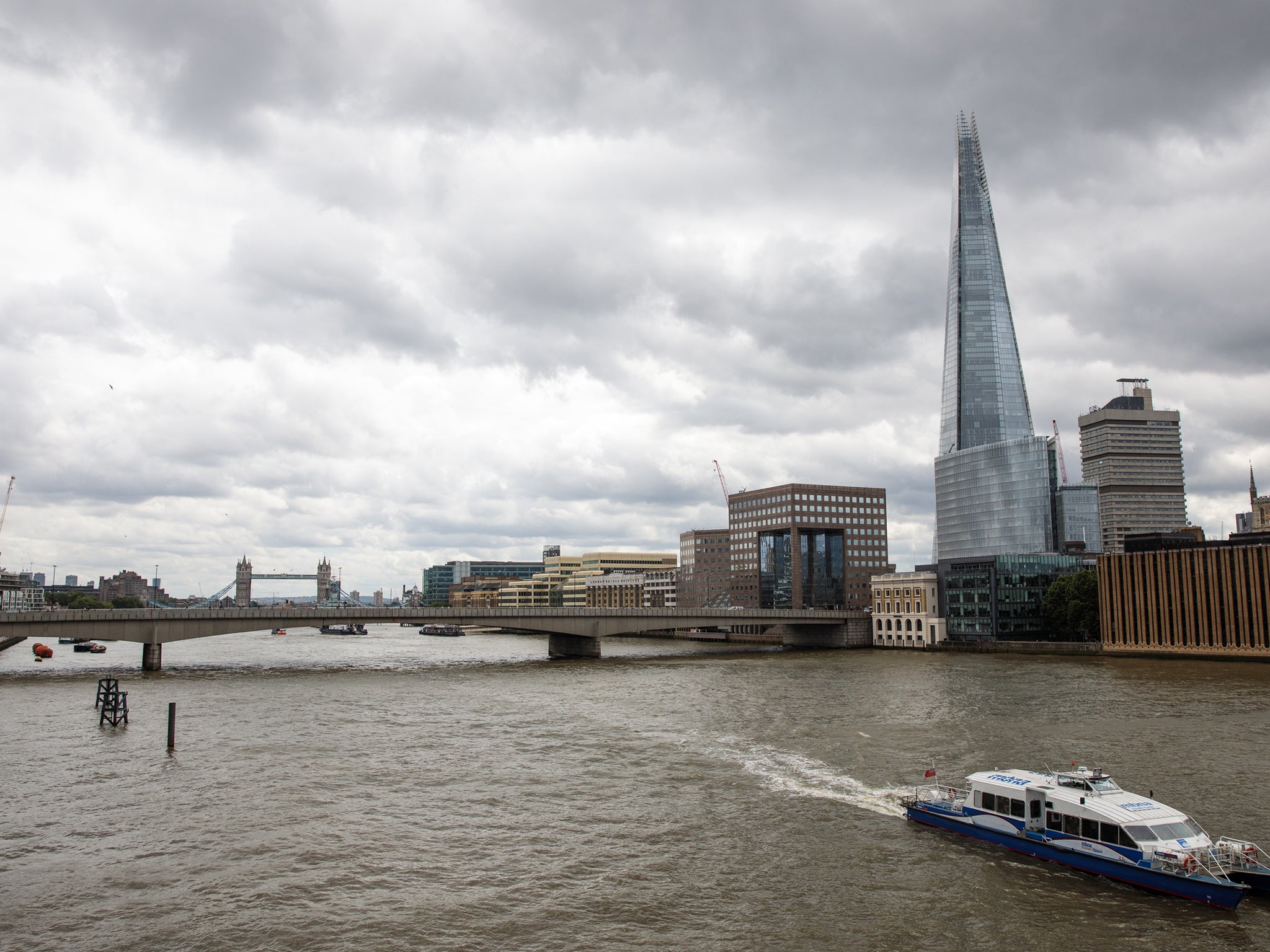5,000-year-old human bone found in River Thames
Experts estimate it belonged to a person who lived somewhere between 3516 and 3365 BC

Your support helps us to tell the story
From reproductive rights to climate change to Big Tech, The Independent is on the ground when the story is developing. Whether it's investigating the financials of Elon Musk's pro-Trump PAC or producing our latest documentary, 'The A Word', which shines a light on the American women fighting for reproductive rights, we know how important it is to parse out the facts from the messaging.
At such a critical moment in US history, we need reporters on the ground. Your donation allows us to keep sending journalists to speak to both sides of the story.
The Independent is trusted by Americans across the entire political spectrum. And unlike many other quality news outlets, we choose not to lock Americans out of our reporting and analysis with paywalls. We believe quality journalism should be available to everyone, paid for by those who can afford it.
Your support makes all the difference.A 5,000-year-old human bone has been discovered on the shore of the River Thames.
Graphic designer Simon Hunt was out for a morning row when he spotted the blackened femur lying on the riverbed at low tide.
According to tests carried out in police labs, the bone dated back to the end of the Stone Age. Experts estimate it belonged to a person who lived somewhere between 3516 and 3365 BC.
Mr Hunt immediately recognised the bone to be from a human. But, despite clear signs of age, he was unsure if the circumstances under which it found its way to the shore of the Thames were more insidious.
“It looked very old, but part of me was thinking what if it isn’t?” he told the BBC.
“I have no idea what a bone would look like if it had only been in the water for two years, so what if it was something more sinister?”
As a precaution, Mr Hunt gathered up the femur from the pebbles, wrapped it in a plastic bag and rowed it home with him.
He later phoned the police and offered directions to the spot he found the bone. By the time officers arrived at the scene, however, the rising tide meant the area was underwater.
The bone was then sent to labs for several months’ worth of testing.
When Mr Hunt received a call to collect the bones, the officers asked him to guess the period the bone originated from.
“My own frame of reference for old things that are tangible is sort of medieval, but I was way off,” he told the broadcaster.
The bone actually belonged to a person - estimated by archaeologists to have been around 5ft 7in (170cm) tall - living during the in the Neolithic period in Britain, police said, which spanned 4300 to 2000 BC.
The age gave rise to a cultural transformation of the country, defined by the introduction of farming, pottery, tools and funeral traditions.
Mr Hunt hopes the bone will eventually make its way onto a display at the Museum of London, Barbican, to join a Neolithic skull fragment, also discovered in the River Thames, dated between 3645 and 3600 BC.
In the capital, it is illegal to comb the foreshores for historical artefacts and a licence is required from the Port of London Authority to do so.
But, since Mr Hunt’s discovery was one of pure luck, the find is considered an act of civic duty, and his discovery of the bone has not been met with upset.
The bone currently remains in the possession of Mr Hunt.
He said: “I want to be respectful because this was a person.
“This bone was part of someone’s leg, who was walking around here more than 5,000 years ago.”
Join our commenting forum
Join thought-provoking conversations, follow other Independent readers and see their replies
Comments